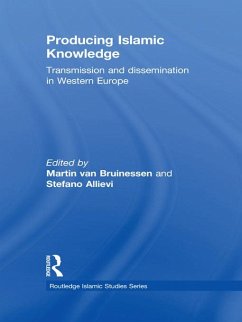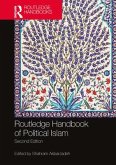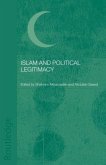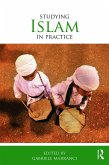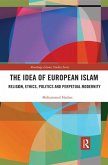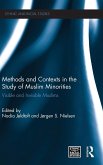How do Muslims in Europe acquire discursive and practical knowledge of Islam? How are conceptions of Islamic beliefs, values and practices transmitted and how do they change? Who are the authorities on these issues that Muslims listen to? How do new Muslim discourses emerge in response to the European context?
This book addresses the broader question of how Islamic knowledge (defined as what Muslims hold to be correct Islamic beliefs and practices) is being produced and reproduced in West European contexts by looking at specific settings, institutions and religious authorities. Chapters examine in depth four key areas relating to the production and reproduction of Islamic knowledge:
authoritative answers in response to explicit questions in the form of fatwas.
the mosque and mosque association as the setting of much formal and informal transmission of Islamic knowledge.
the role of Muslim intellectuals in articulating alternative Muslim discourses.
higher Islamic education in Europe and the training of imams and other religious functionaries.
Featuring contributions from leading sociologists and anthropologists, the book presents the findings of empirical research in these issues from a range of European countries such as France, Italy, the Netherlands and Great Britain. As such it has a broad appeal, and will be of great interest to students and scholars of Islamic studies, anthropology, sociology and religion.
This book addresses the broader question of how Islamic knowledge (defined as what Muslims hold to be correct Islamic beliefs and practices) is being produced and reproduced in West European contexts by looking at specific settings, institutions and religious authorities. Chapters examine in depth four key areas relating to the production and reproduction of Islamic knowledge:
authoritative answers in response to explicit questions in the form of fatwas.
the mosque and mosque association as the setting of much formal and informal transmission of Islamic knowledge.
the role of Muslim intellectuals in articulating alternative Muslim discourses.
higher Islamic education in Europe and the training of imams and other religious functionaries.
Featuring contributions from leading sociologists and anthropologists, the book presents the findings of empirical research in these issues from a range of European countries such as France, Italy, the Netherlands and Great Britain. As such it has a broad appeal, and will be of great interest to students and scholars of Islamic studies, anthropology, sociology and religion.

